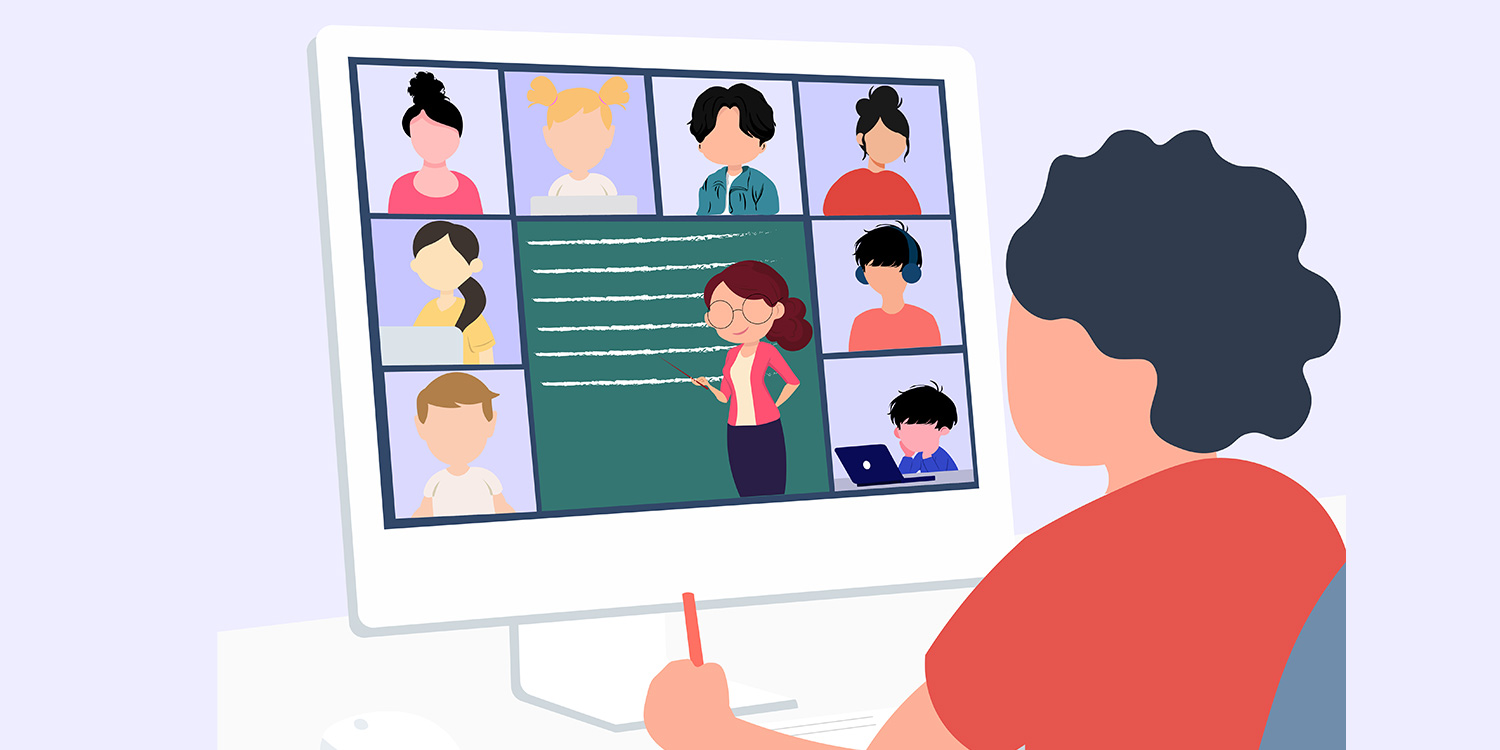By Adha Shaleh
The closure of schools and universities during the COVID-19 pandemic has made distance learning the new norm now. According to UNESCO, 192 countries closed their schools and universities.
In this brief write-up, I envision post-pandemic with fresh perspectives as it is changing the fate of many societies worldwide.
First, education industry jobs are up against strong competition as the labour market globalised. The rise of remote work presents a new set of opportunities for the players in the education industries. The best people can work remotely from any part of the world. I hope more colleges, universities and schools will be able to hire best academics to teach the new generation.
Second, I hope the young generation would seize opportunities to learn new skills. For the post-pandemic society to thrive, the key is to learn new skills to make the established skills more noticeable. In addition, anyone from every stage of careers should up-skill by learning new courses. Skills mastery is an advance mindset that visualises excellence through knowledge, application and experience.
Third, this pandemic has made governments to realise that existing education inequalities is a grim reality. Although the gap between the haves and the haves not seems inevitable, those in power need to turn this crisis into opportunities. But there should be big investments in infrastructure, strong fiscal policy to enable implementation of projects.
Fourth, I propose that educators should facilitate teaching and learning by assisting students to grasp concepts and pursue common targets of learning. So, learners have enough space for creativity and innovation. The virtual learning platform is a real test to facilitate collaborative learning, unless it is in a small group. This is where collaborations behind the screen, using apps and tools become worth to both sides. These trends in education are going to stay longer with us as the industry moves from fringes into the mainstream in the new norm.
Finally, digital platforms have benefited governments and their people during the pandemic. Governments digital platforms have produced contact tracing apps, distributed financial resources, and they have marshalled efforts to create community awareness about the pandemic.
Digital volunteerism is also on the rise during the crisis. Obviously, this is a good time for virtual community to collaborate for public benefits. In addition, universities and humanitarian organisations should work together to create learning module on volunteerism. This effort is part of our continued journey to sustainable development.***
(Dr. Adha Shaleh is the author of “Disruptive trends in Education: Contemporary and Islamic perspectives”)
